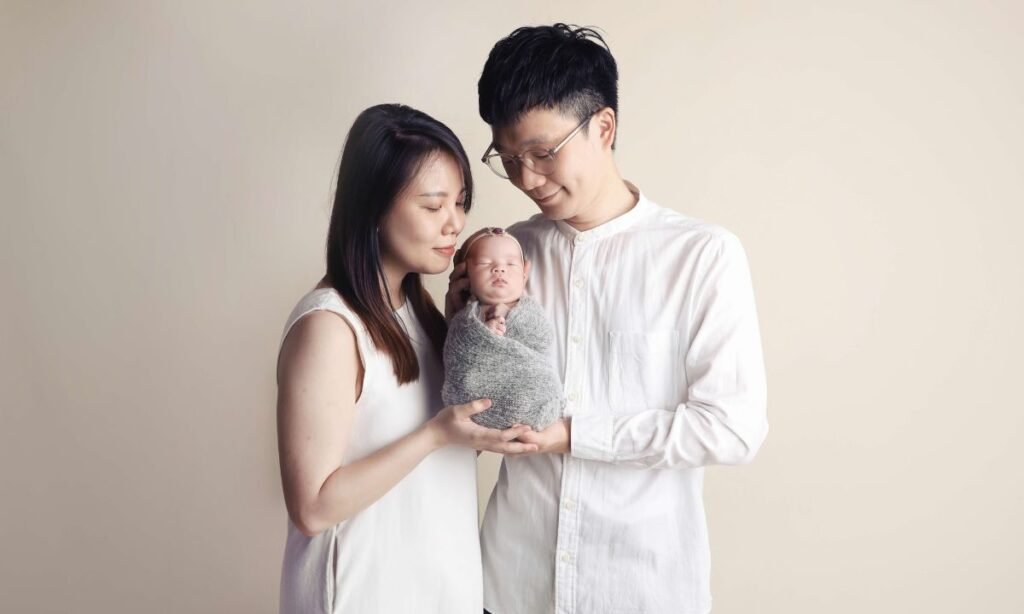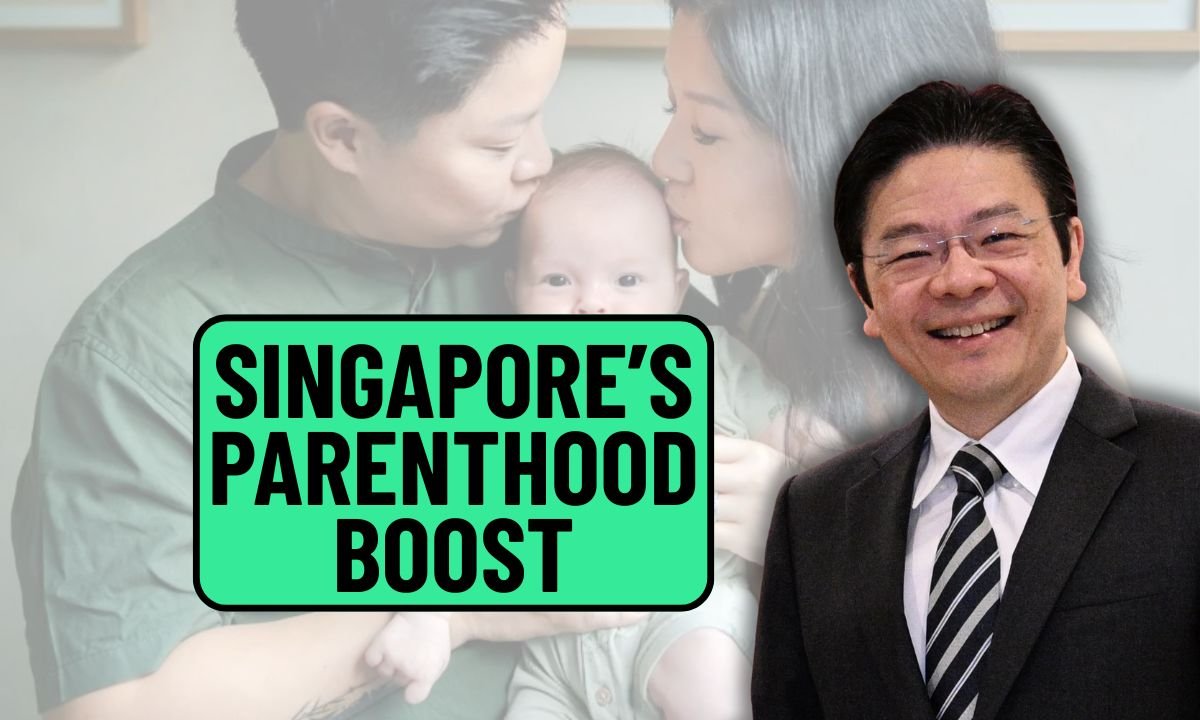In 2025, Singapore has ramped up its Baby Bonus Scheme, significantly lifting support to ease the financial strain of child-rearing. Now, for children born on or after 18 February 2025, the Child Development Account (CDA) First Step Grant for third and subsequent children has doubled from S$5,000 to S$10,000. Meanwhile, the Baby Bonus Cash Gift reaches up to S$13,000 for larger families, disbursed across several years to provide sustained relief. The collaborative design combining upfront cash, matched savings, and ongoing payouts reinforces the government’s commitment to making family planning more financially viable and appealing.
How the Baby Bonus Cash Gift and CDA Work
Under the revamped scheme, first and second children receive S$11,000 in cash gifts, while third and later children receive S$13,000, paid in instalments over their early years . The CDA encourages families to save: the First Step Grant is automatically credited no parental savings needed while the government matches parental deposits dollar-for-dollar, up to a capped amount. Notably, the First Step Grant doubles to S$10,000 for the third and later child, with matching contributions allowing families to accumulate a substantial S$28,000 (for the third or fourth child) or up to S$40,000 (for fifth and later) towards approved usage like preschool fees and healthcare.
Greater Relief for Larger Families

Budget 2025 introduced the Large Families Scheme, offering families with three or more children born after 18 February 2025 up to S$16,000 in added support per child. This includes the boosted S$10,000 CDA grant, a new S$5,000 Large Family MediSave Grant, and S$1,000 in LifeSG credits annually while the child is aged 1–6. The MediSave grant is automatically credited to mothers, usable for delivery or healthcare expenses. LifeSG credits add flexibility usable at merchants via PayNow or NETS to help with everyday family costs.
Expanded Preschool Subsidies and Supportive Extras
Complementing the baby bonuses, childcare subsidies are also being enhanced. Full-day infant care now receives up to S$600/month, or S$1,310 with means-tested top-ups. Childcare subsidies go up to S$300 basic, plus additional support based on income. The scheme also extends to kindergarten (“KiFAS”), with tiered support up to S$161/month for low-income families.
Why These Moves Matter Now
Singapore’s resident fertility rate dropped below 1.0 in 2023, underscoring stark demographic challenges. By doubling financial incentives, broadening usage avenues, and layering in subsidies, the government aims to make having children less of a financial gamble. The changes also reflect a more holistic approach: covering immediate newborn costs, everyday childcare, and basic living expenses through consistent top-ups and credits.
What Families Should Know and Do
Eligible parents must ensure their newborn is a Singapore Citizen born on or after 18 Feb 2025 to access full benefits. CDA accounts open automatically, but activation via the LifeSG app is needed to receive LifeSG credits. The MediSave grant is auto-deposited into mothers’ CPF. Families with income below S$12,000/month will qualify for additional preschool subsidies without extra application steps.
Sustained Support or Momentary Boost?
While the enhanced funding and strong safety nets are commendable, the ultimate test is long-term uptake. Will couples respond with higher fertility? Will sustained subsidies help maintain growth? Beyond financial support, policymakers must build confidence by ensuring stable housing, flexible workplaces, and quality childcare forming a complete ecosystem that makes raising a family a realistic, supported choice.

